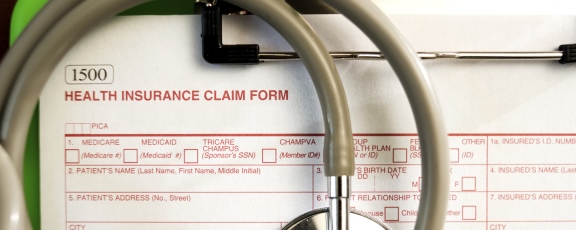
- Published: 15 May 2015
How often you receive a CDR depends on how likely SSA thinks that your medical condition will improve. If medical improvement is expected, SSA will review the claim in six to 18 months; if medical improvement is possible, SSA will review the claim every three years; if medical improvement is not expected, SSA will review the claim every five to seven years.
Also, some events can trigger a CDR. Examples include the receipt of work related income or when a child who is on SSI turns 18.
If you are selected for a CDR, you do not go through the entire disability application and appeal process again, you will receive written notice from SSA along with forms to fill out and return.
What Should You Do If You Receive A CDR notice?
First, do not panic. If you can show that you still have the medical condition that is keeping you from working and that you are under medical care, your benefits should continue. Over 90% of adults who undergo CDRs have their benefits continued.
If you receive the two-page short form CDR (SSA-455-OCR-SM), your condition probably has a low chance of medical improvement. A computer, not a person, will read the form and only if it detects something unusual will a person review it.
If you receive the 10-page long form CDR (SSA-454-BK), an SSA employee will read it, not a computer. This form is similar to the initial application for disability benefits and requests more detailed information.
You should make sure that all of your updated medical records are filed with Social Security. Consider getting a medical opinion report from the physician(s) most familiar with your medical condition. Any such report should address your medical conditions and how they affect what you can and cannot do. The report should also address issues particular to the CDR process, such as whether you have medically improved since you were last found disabled.
You should also make sure that you report all of your medical problems and symptoms to Social Security and your doctors. How severe are they? How often do you get them? How long do they last? What do they keep you from doing, physically and mentally?
What Should You Do If You Get A Notice Ending Your Benefits After A CDR?
If SSA determines that you are no longer disabled, your benefits will continue for only two more months at most unless you appeal in a timely manner and ask for benefits to continue during your appeal.To appeal, submit a Request for Reconsideration form (SSA-789-U4) within 60 days of receiving your notice of denial.
Important note: If you want to have your benefits continued during the time your case is being decided, you need to submit the Request for Reconsideration within 10 days of receiving your denial and specifically ask for your benefits to continue during the appeal.
You should file the Request for Reconsideration form (SSA-789-U4) at your local Social Security office. As with any correspondence to Social Security, it is wise to save a copy and send the original by certified mail -- return receipt requested as proof that you filed it on time.
If you elect to keep receiving benefits and are not successful with your appeal, Social Security will assess an overpayment seeking those benefits back.
If the reconsideration request is denied, you can request a hearing with an Administrative Law Judge by filing form HA-501 with supporting documents at your local SSA office.
You can elect to have benefits continue during your appeal to the Administrative Law Judge, but you must make another request for continuing benefits within 10 days of receiving your request for reconsideration denial.
If the judge denies your claim, you can request a review with the Appeals Council by filing form HA-520.
At this stage, SSA will not continue your benefits.
If your Appeal is denied by the Appeals Council, you can file a complaint in Federal District Court.
During each level of appeal, submit any additional evidence that might support your claim. Examples would include medical records, doctor reports, and supportive witness statements.
Reprinted from the October 2013 Newsletter of Sheri R. Abrams, Attorney at Law.


